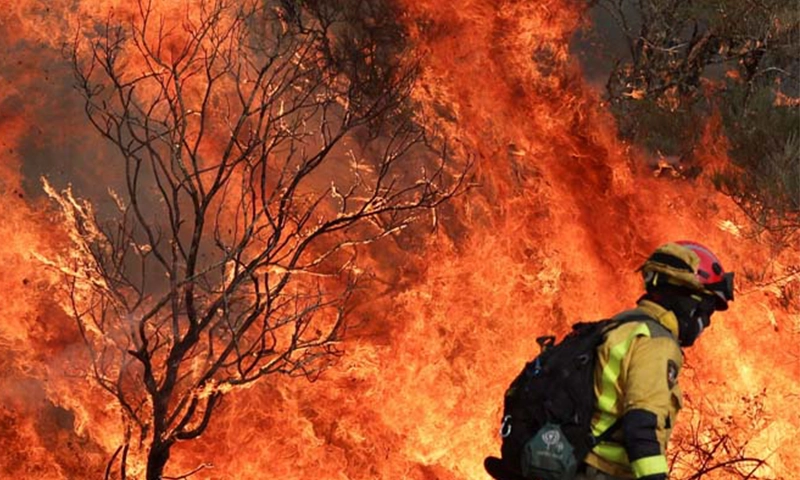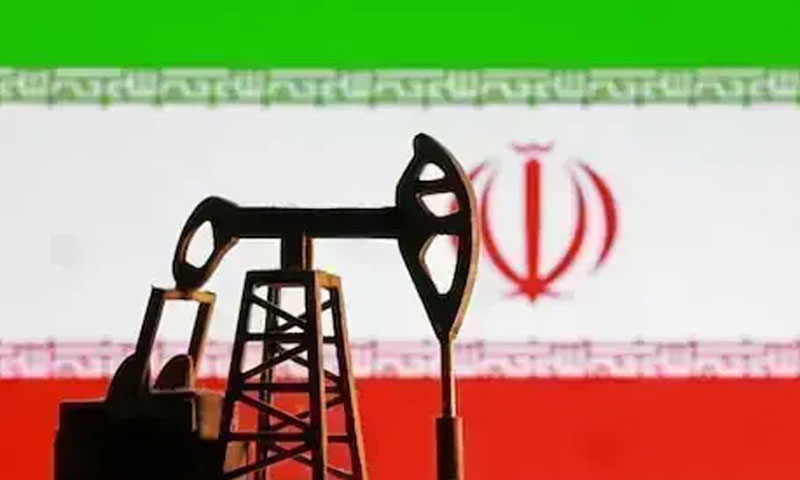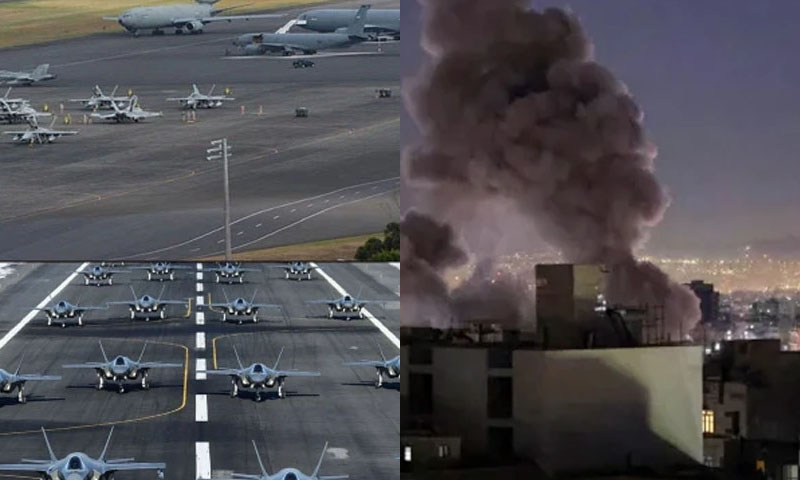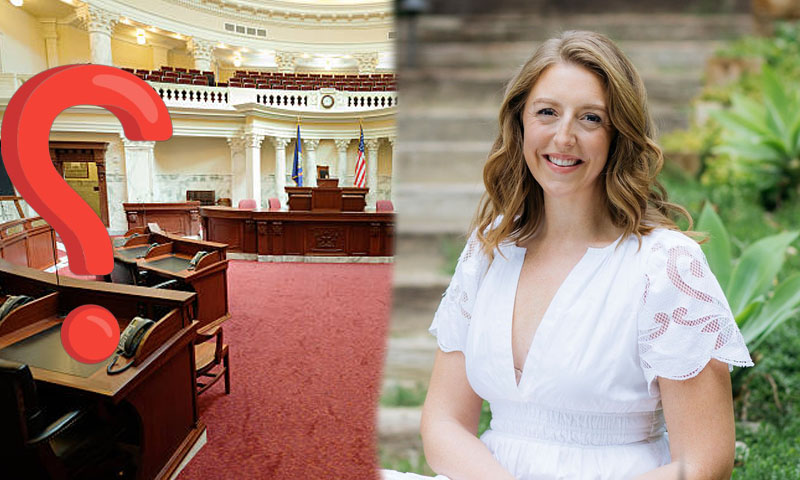- Web
- Yesterday
Firefighter among four killed in Portugal wildfires
-

- AFP
- Aug 23, 2025

LISBON: A firefighter killed in Portugal while battling a wildfire has become the fourth fatality in the emergency the country has faced this summer, the presidency said on Saturday.
The office of President Marcelo Rebelo de Sousa sent condolences to the family of the fireman “who tragically lost his life after directly combating the forest fires in Sabugal municipality,” in the northeast of the country.
The firefighter, aged 45, was working for a private company battling blazes, media reported.
Portugal, with neighbouring Spain, have battled multiple wildfires over the past two months as heatwaves and dry conditions helped flames spread.
Four people have also been killed in Spain during the fire emergency there.
Improved weather conditions are helping firefighters in both countries to bring the blazes under control.
According to the European Forest Fires Information System, around 278,000 hectares (687,000 acres) have been charred in Portugal this year.
EU wildfires burnt 2.5m acres in 2025, an area larger than Cyprus
The Iberian Peninsula has been strongly affected by climate change, which has produced heatwaves and lengthy periods of drought, experts say.
Meanwhile, Spain has almost beaten back wildfires that have swept across the country this month, killing four people and ravaging huge swathes of land, the head of its civil protection and emergencies service said Saturday.
“There are fewer of them, and the end is a lot nearer,” the official, Virginia Barcones, told state television network TVE.
The ones remaining were still very “treacherous”, she said, however, and “we will need a final push to be done with this horrible situation”.
Spanish firefighters, helped by other EU countries, have been battling blazes that have scorched a record 403,000 hectares (996,000 acres), most of it in the past two weeks, according to the European Forest Fire Information System (EFFIS).
The regions hardest hit were in the north and the west: Castile and Leon, Extremadura, and Galicia. The wildfires flared during a heatwave that baked the country for two weeks, sending temperatures to 40C and above.
The fire emergency has thrown a spotlight not only on climate change but also trends that have left Spain’s countryside vulnerable.
Castile and Leon suffers from decades of rural exodus, an ageing population, and a decline of farming and livestock grazing that once helped keep forests clear of tinder.
Strong winds that had spread the flames for weeks had weakened recently.
Barcones said there were still 18 active wildfires, with all but one classified at operational level 2, meaning they represent a danger to people and property.
She said she was particularly concerned about a fire in Iguena, in northwest Castile and Leon.
Even so, “the overall feeling is that it is improving, going in the right direction, and that less is burning,” she said.
While numerous villages remain evacuated for their inhabitants’ safety, many residents have been able to return to their properties since Friday.
The fires have fuelled accusations that politicians mishandled the crisis.
The main opposition party, the conservative Popular Party, has accused Socialist Prime Minister Pedro Sanchez of having withheld aid to damaged regions where its officials govern.
According to EFFIS data analysed by AFP, Spain is one of four EU countries experiencing its worst year for wildfires since statistics began in 2006.
The other three are Cyprus, Germany and Slovakia.
Scientists say climate change is driving longer, more intense and more frequent heatwaves worldwide.
Lower humidity in the air, vegetation and soil makes it easier for wildfires to ignite and harder to control once they spread.




